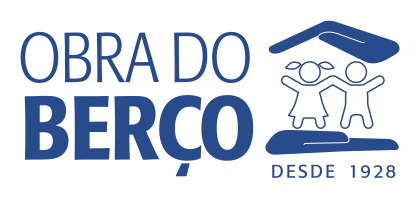UM PERÍODO ESPECIAL
O começo da vida pode influenciar o que será do resto dela.
É nesse período que cada célula do corpo está sendo formada e programada. Os primeiros 1000 dias de vida se referem ao período que vai de zero a 3 anos anos de idade, incluindo o período gestacional. O crescimento e o desenvolvimento nesse período são maiores do que toda a vida.
São 270 dias de gestação mais 365 do primeiro ano de vida e 365 do segundo aninho. Eis que chegamos a 1000, soma que simboliza a principal janela de oportunidades para uma infância cheia de vigor, com impactos que se estendem por décadas.
Esse período pode mudar radicalmente o destino da criança, não apenas em termos biológicos (crescimento e desenvolvimento), mas também em questões intelectuais e sociais.
Os 1000 dias representam um conceito novo, elaborado com base em pesquisas realizadas nos quatro cantos do planeta, e que já batiza um programa do UNICEF (que faz parte da Organização das Nações Unidas) para a promoção da saúde das gestantes, do aleitamento materno e de uma alimentação equilibrada desde o início da vida, além dos cuidados primeiros dois anos do bebê são fundamentais para a saúde do indivíduo durante o resto de sua vida.
Essa fase molda o desenvolvimento físico e mental da criança. Isso porque, tanto no ventre materno como nos dois primeiros anos de vida, o organismo está mais sensível às influências do ambiente.
Antes e durante a gravidez
Planejamento da gravidez e a preparação do organismo.
Cuidados da mulher com a sua saúde, ganho de peso adequado, alimentação e bem-estar da criança.
1 a 12 meses
1 a 2 anos
É uma época boa para contar histórias, ouvir música e dançar com a criança. Também pode-se estimular que ela rabisque no papel, o que estimula sua criatividade. É interessante também estimulá-la para que não ande só para frente, mas para os lados e para trás.
Nesta fase é interessante começar a mostrar objetos na televisão, revistas e livros e dar seus nomes. Repare se a criança começará a juntar palavras e tentar articular frases curtas. É uma época em que a criança começa a demonstrar vontade própria e falar bastante não.
As modalidades de atendimento na Obra do Berço são destinadas a crianças de ambos os sexos, na faixa etária de 0 a 3 anos e 11 meses em vulnerabilidade social.

